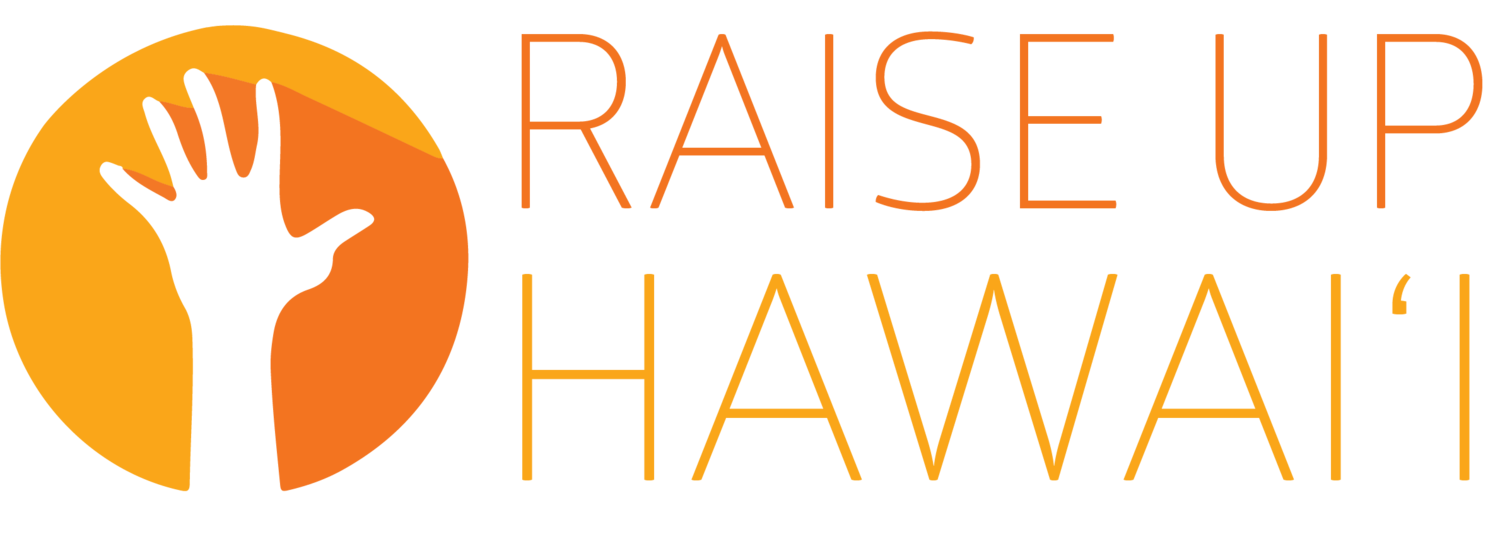Hawaiʻi needs higher minimum wage
With the stress from the ever-increasing cost of living, especially housing costs, families are forced into ʻohana housing, and many others find themselves homeless. In many instances, the elders are providing housing, food, educational support along with covering their own costs.
It’s no secret Hawaiʻi is at high risk with a graying population. Statistics indicate 17 percent of Hawaiʻi’s residents are above 65 years, a 25 percent increase from the 2010 census. These numbers are set to grow to 30 percent by 2030. This aging is taking its toll on ever-increasing numbers of families. Families face daily challenges to juggle child care with the care of their aging parents.
From my nonprofit board work, I see the struggle to fund necessary programs. It’s devastating when the state and federal governments withhold Human Services funds, forcing valuable services for children and families to be shut down and employees laid off, as was the case in Hawaiʻi over the past couple of years.
Given this, and the reasons for the qualified workforce shortage, it’s mind-boggling why employers in Hawaiʻi put up resistance to increasing the minimum wage. Obviously, neither they nor the state administration and politicians understand a living wage in Hawaiʻi is double the $15 per hour, or what the normative costs are to care for Hawaiʻi’s households.







